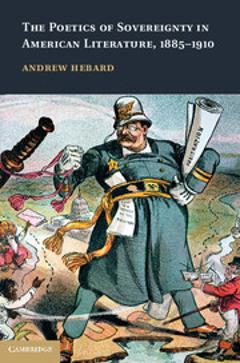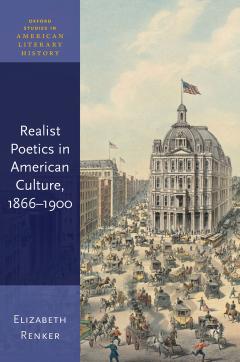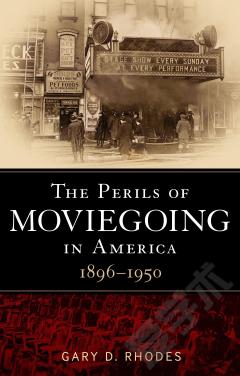A Coherent Splendor: The American Poetic Renaissance, 1910–1950
In this book Albert Gelpi traces the emergence of American Modernist poetry as a reaction to, and outgrowth of, the Romantic ideology of the nineteenth century. He focuses on the remarkable generation of poets who came to maturity in the years of the First World War and whose works constitute the principal body of poetic Modernism in English. Gelpi argues that the essential dialectic in Modernism extends and reconstitutes issues central to Romanticism. This is expressed in the interaction between two important strains in Modernism: the Symbolist exemplified in Wallace Stevens, T. S. Eliot, Allan Tate, and Hart Crane; and the Imagist, exemplified in Ezra Pound, H. D. and William Carlos Williams.
{{comment.content}}








 京公网安备 11010802027623号
京公网安备 11010802027623号